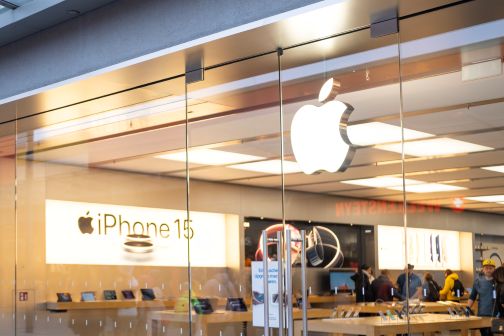Criminals are sending scam emails pretending to be from Apple, using tactics to trick victims into clicking on malicious links.
Which? magazine has received reports of six scammers sending emails, posing as Apple’s iCloud service.
The scam emails claim that the recipient’s storage is full, their payment card is invalid or that they have noticed suspicious activity on the account.
Apple created iCloud as a storage service, meaning that iPhone users are able to store their personal data and gain access to it on new devices.
Scam incidents reviewed by Which? Showed criminals co-ercing victims by warning that they were “at risk of losing your photos, videos and important files,” and that they must “upgrade today to keep your precious files and memories safe.”
Links displayed in the emails lead to malicious phishing websites designed to steal personal details – including the victims’ names, addresses, phone numbers and financial information.
Shockingly, the information can be sold on the dark web or used against you to create a personalised scam which is more likely to succeed.
Which? has outlined some tell-tale signs to look out for if you believe you may have been targeted by an email scam.
You should also stay vigilant if you don’t recognise the email address, especially if it comes from an unusual or unofficial address.
If the email uses a generic greeting like “Dear customer,” or features blurry logos and a poor design, this may be a warning that the sender is not who they say they are.
Fraudsters will often try to pressure you into clicking a link or handing over personal information, especially your bank details.
It’s important to keep an eye out for bad spelling or grammar too, which can be another red flag.
Have you lost money to a scam? Contact National Fraud Helpline. Call 0333 0033218 or fill out our Claim Form.
